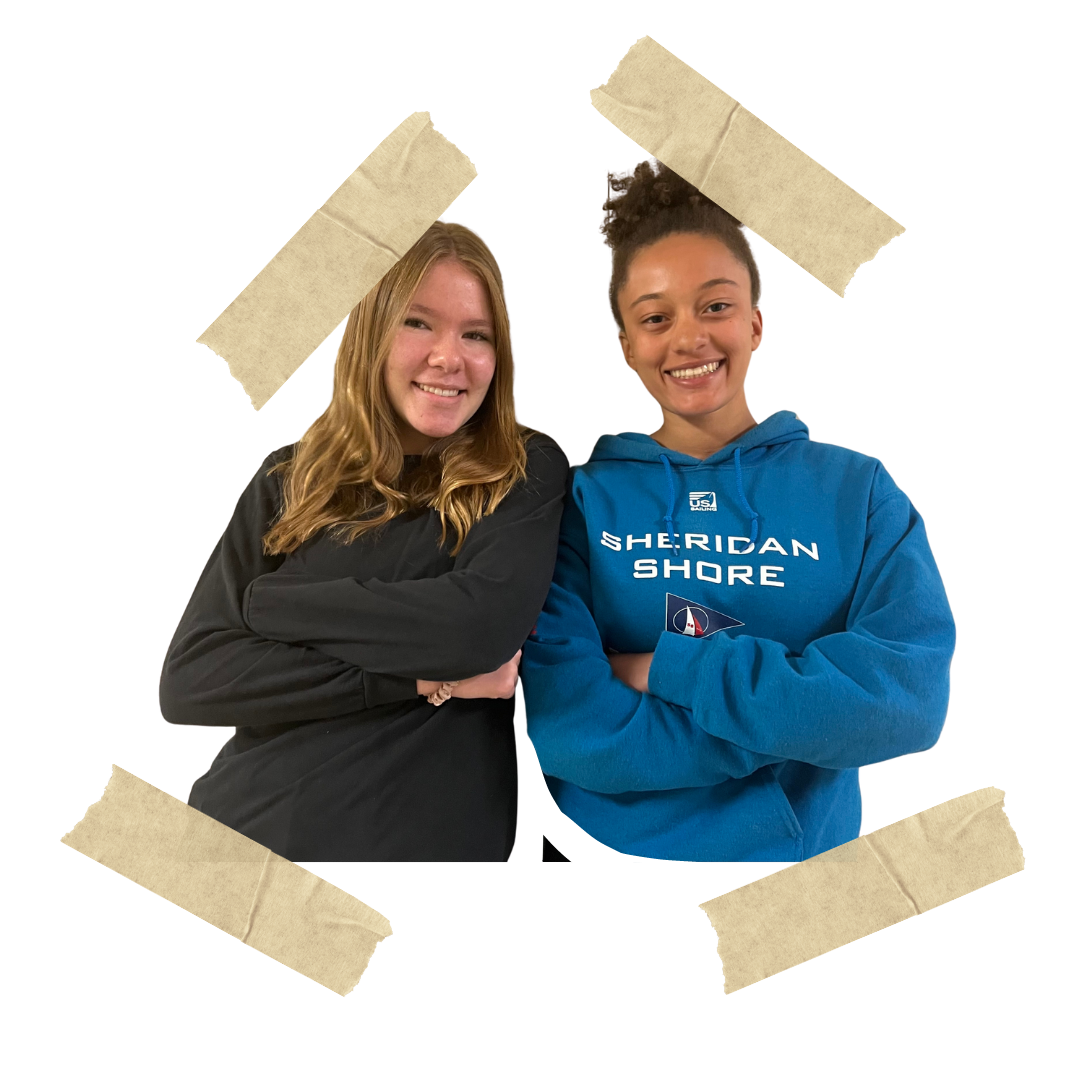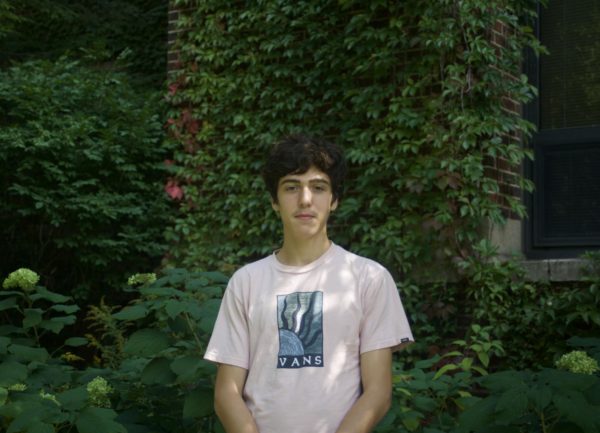Social discourse is a defining component of humanity. The ability to form one’s viewpoint from their unique background and experiences and discussing it with others is the forefront display of our complex cognition. But in many instances throughout history, dogmatic adherence to certain perspectives has spawned a volatile division between many different groups of people. This division continues to nestle itself deep into society, and with each passing year, it feels as if the hatred between different viewpoints grows malignantly. Every week, I see the fire that seemingly grows with no kindling: a heated dispute between people gone awry, a hateful post gone viral, a fight, a murder, a war. All caused by an unwillingness to consider the other side’s view in a polarizing circumstance.
Conquest to impose one’s perspective has driven humanity since its dawn, so in a world that has been nursed to dogmatism from an early age, it’s no surprise that perspectives have become binary. We’re often forced to establish our opinions and stances upon extremes, not nuance. For this, we have been hardwired to ostracize people with other perspectives from ours, sometimes by extreme measures. And while we must understand and defend what we believe in, we often see cases where we question the extent to which people may go.
When circumstances become more extreme, opposing sides often feel pressured to be more vehement in their distaste for one another. Throughout history, we have seen this leading to increasingly tragic measures: more hatred, more violence, and a larger divide in society. As this list of instances grows, it can become harder to envision a future of harmony.
But amongst the dark aura of news headlines and stories of decimation, I learned of a sliver of light, a guiding beacon shining from my own home that offers a step towards the solution. In perhaps one of the most destructive events of history, I found one of the most powerful stories of peace and solidarity in my home nation.
Eastward from Italy—on the coast of the Adriatic Sea, where the mountains meet the shore—the small yet culturally rich country of Albania stands out amongst the warring countries of the Second World War. Having seen its liberation from the Ottoman Empire three decades ago, the empire’s jurisdiction and influence over the nation had developed it into one of the most diverse countries in Europe. Although this diversity persists to this day, Albania’s tolerance of coexistence was consolidated around World War II.
Upon the rise of the Nazi party, the already rampant presence of anti-semitism skyrocketed to further extremes. An impoverished Germany laid its eyes on the Jewish population as a scapegoat for its struggles. Many Jewish families under the Nazi regime attempted to flee the country, but with Europe under extreme tension, no country, save for Albania, was willing to take them. The Balkan nation continued to issue visas to Jewish Germans even up to 1938, the year before the start of the war, and they were the only nation to do so.
Come the start of the war, Italy had already invaded Albania, establishing it as a protectorate. But Albania’s vigor to protect the Jewish refugees was underscored by the monumental capitulation of Italy to its former ally. In 1943, Germany began its invasion of Albania. This was when the Eastern European country was reminded of its identifying principle.
Even as the invading soldiers knocked on their doors and threatened them lest they reveal any Jews or Italians, Besa came first.”
“Besa” translates to “faith” or “belief” in Albanian. But to the Albanian people, Besa is a code to live by, an oath to honor. It encompasses a broad array of obligations, from kindness to honesty to perseverance, and Besa lit a vivid and beautiful fire among the nation during the German assault. This event saw the nation as the most unified it had ever been, all to uphold the cornerstones of the principle.
In a time of vulnerability, the three identities with perhaps the most tense and volatile historical relations came together in an amicable occurrence, as the Albanian people, Christian, Muslim, and Jewish alike, offered to take the refugees into their homes.
After Italy had capitulated, the soldiers were left without command, and awaited the wrath of a former ally. One moment, they were colonizers, and the next, they were trapped in the fruit of their annexation.
It didn’t matter to the Albanian people. With small, humble cities like my family’s hometown of Berat among the forefront of the effort, they provided for the Jewish refugees and Italian soldiers, and they defended them with their lives on the line, for their guests were perceived as family. While the civilians offered refuge, the soldiers fought to the best of their capabilities, using the unfamiliar environment as best they could.
With the war going on, resources were especially scarce in the emaciated country. Nevertheless, the Albanian people reminded themselves of Besa, and guests’ mouths were fed first in the house, for Besa came first. Even as the invading soldiers knocked on their doors and threatened them lest they reveal any Jews or Italians, Besa came first. All of this was done for people either of a perspective that often conflicted with theirs or their former colonizers, but it didn’t matter, for Besa came first.
As I talk with my mother while on an afternoon walk or at the dinner table, I discover wonders about my own home and roots, and it’s stories like these that not only give me a reason to appreciate my heritage and customs but also offer valuable guidance to apply to myself. Besa is broader than kindness or valor; it holds us accountable to our values. Kindness, hospitality, and striving for peace are all core proponents of the morals of many major religions. They are almost ubiquitous among the vast dimensions of viewpoints, but that hasn’t stopped society from ignoring them amidst the rage that has brewed from the disagreements between ideologies.
Besa and the stories it has pioneered have played an important role in my development, reminding me of what I stand for and how I can use my background to benefit myself and others around me to work towards a better future. The world is burning from many directions, and the spiteful division between us is a powerful ember. But in the face of the overwhelming discourse we have found ourselves surrounded by, let the efforts made by my people have a long-term effect towards peace, and let Besa, the honor to one’s word, be an ignition for a more harmonious society.


















Vivien Bissell • Dec 1, 2023 at 12:40 pm
This is so interesting! More people should know about this. Great article!